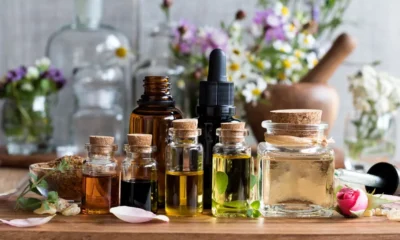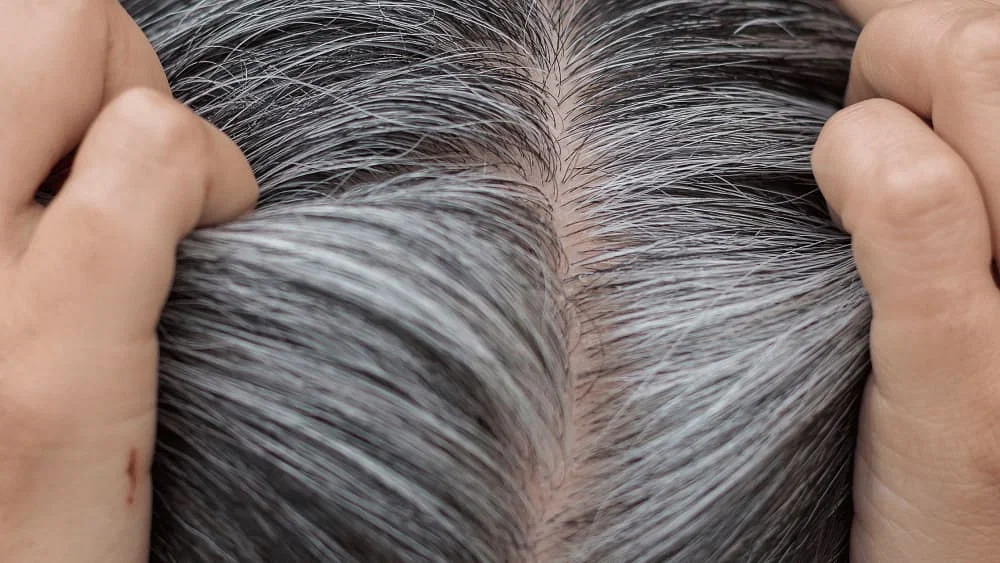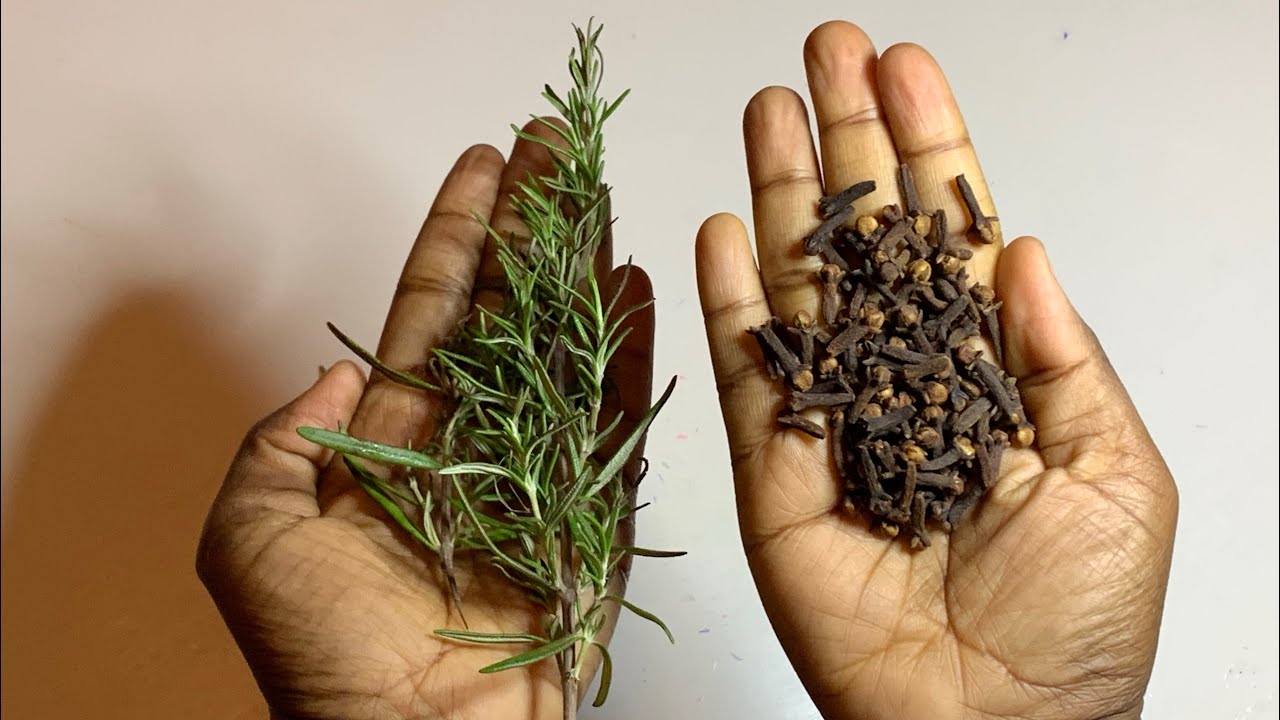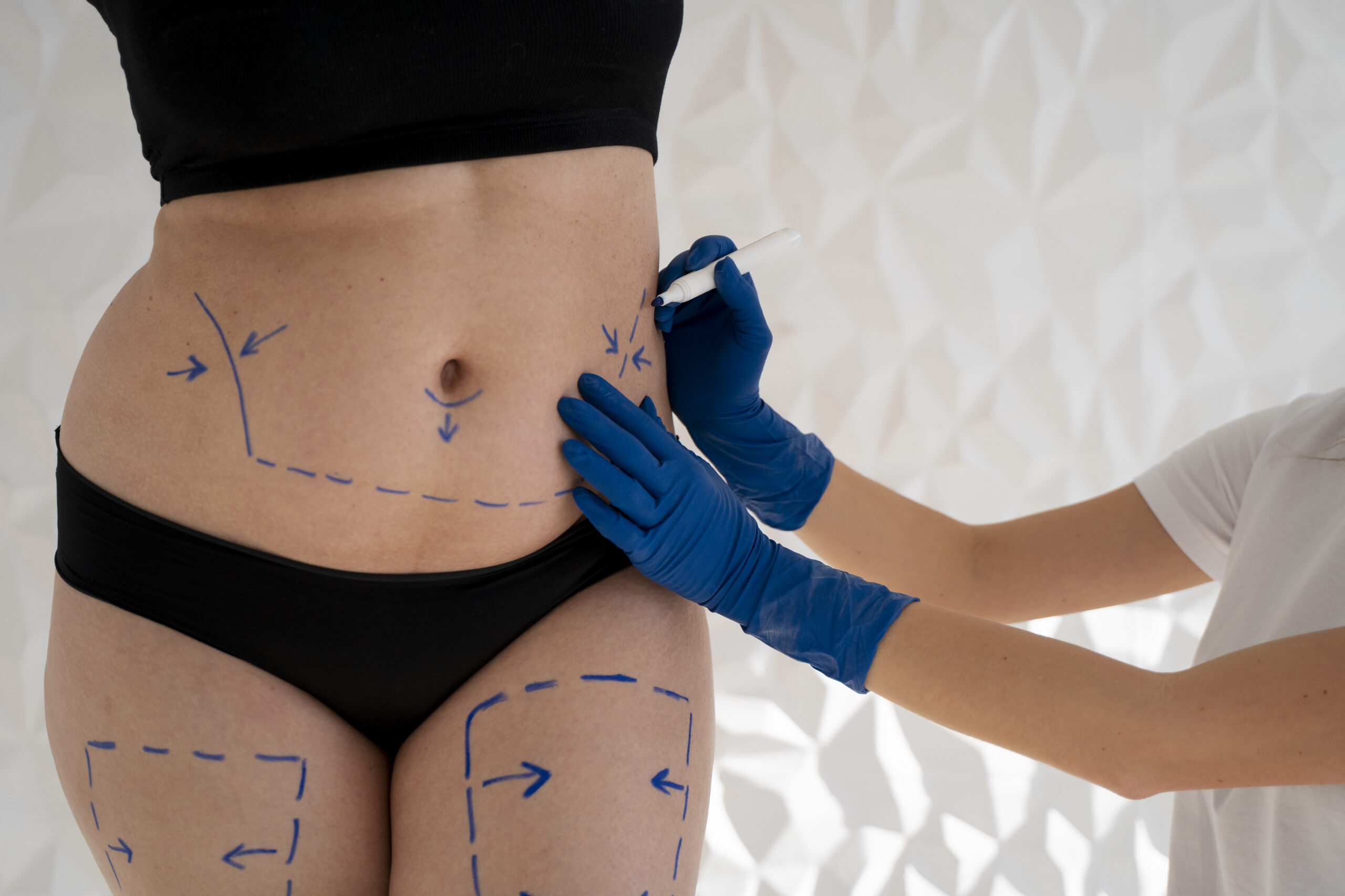Liposuction is a popular surgery that helps people slim down and reshape their bodies.
Even the most dedicated dieters and gym rats can get discouraged when stubborn fat bulges refuse to disappear. This can be incredibly frustrating. Why? Because genetics, hormones, and even your body’s natural burning rate can all play a surprising role in where you store fat.
Here’s where liposuction steps in. It targets those stubborn pockets of fat that diet and exercise just can’t seem to budge. Liposuction removes fat cells from specific areas like the tummy, thighs, hips, and arms. This can help create a smoother, more defined body shape. Unlike weight-loss surgery, liposuction doesn’t aim to make you lose a lot of weight overall. Instead, it focuses on sculpting specific areas for a more toned look.
Even though many people have had liposuction successfully, there’s a misconception that it’s an easy way out. It’s important to remember that liposuction is still surgery, and it shouldn’t be taken lightly.
While the surgery can be very effective, it’s not a replacement for healthy living. You’ll still need to maintain a good diet and exercise routine to keep the weight off and enjoy your new shape for the long term. Liposuction can also be used for some medical conditions, such as lipomas (fatty tumors) or lymphedema (fluid buildup).
If you’re thinking about liposuction, here’s what you need to know about the surgery.
Liposuction: More Details
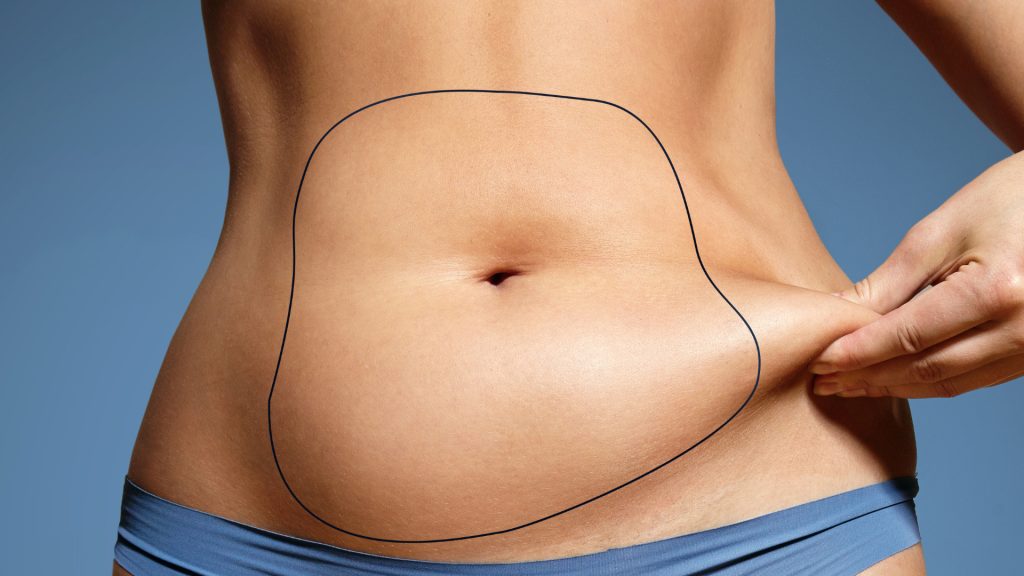
In the late 1900s, traditional liposuction changed the game for fat removal. This method used a thin tube, called a cannula, inserted through tiny skin cuts. The cannula sucked out fat after breaking it up. This method is called the tumescent technique.
Before the fat gets sucked out, the doctor numbs the area with a special solution. This solution is a mix of regular body fluid (isotonic fluid), a medication that shrinks blood vessels (vasoconstrictive medication, like epinephrine), and a local anesthetic that numbs the area even more.
Once the area is prepped, the doctor inserts the cannula and moves it back and forth to loosen up the fat cells. Then, a powerful vacuum attached to the cannula sucks out the loosened fat cells.
The tumescent technique can be used on many areas of the body, including the abdomen, thighs, hips, buttocks, arms, and even the chin.
Liposuction techniques today are like different tools in a toolbox, all aiming to achieve the same goal: removing unwanted fat. But each tool has its special features. Other liposuction methods build on the tumescent idea. Some doctors might use a stronger numbing solution or a slightly different tube, depending on the area being treated. Some techniques add an extra step before or after the fat removal. These extra steps can involve lasers or ultrasounds, which help tighten the skin after the fat is gone.
Technological Advancements And Other Techniques

Liposuction techniques keep getting better as science marches on. Doctors are finding new ways to zap away fat while keeping you comfortable and safe. One such advance is BodyTite, a method that uses radio waves to tighten your skin during the procedure itself. A tiny incision is made, and a special probe is inserted. This probe uses radio waves to heat the deep layers of your skin. This heating does two things: first, it helps reshape the fat layer under your skin. Second, it makes your skin contract over time, giving you a long-lasting, toned appearance. BodyTite also minimizes the risks you might face with other fat-removal methods.
Ultrasound-assisted high-definition (UCHD) liposuction is another technique that uses sound waves to gently melt away fat cells before they’re suctioned out. It involves tiny sound waves wiggling and breaking down fat cells, making them easier to remove. This precision approach minimizes damage to nearby tissues, unlike traditional liposuction. The result is a smoother recovery process and the ability to sculpt your body with more definition.
People are increasingly looking for ways to slim down and sculpt their bodies without surgery. Cryolipolysis is another cool option that’s leading the pack. It’s like liposuction, but without the needles and scalpels.
A special device is placed on the skin. This device gets really cold, freezing fat cells to death. But it won’t harm the skin or other tissues! This freezing process helps you lose fat and reshape your body, all without surgery. Unlike liposuction, cryolipolysis doesn’t involve any cuts or needles. This means less recovery time and less risk of complications. It works on those pockets of fat that just won’t budge with diet and exercise. Studies show it can effectively reduce fat by up to 25% in treated areas.
Liposuction C0st

Knowing the cost beforehand is crucial when considering this procedure. The cost of liposuction can vary depending on several factors. For instance, the surgeon’s experience and expertise can command higher fees. The type of anesthesia used (general vs. local) can impact the cost. Then, liposuction on larger areas or multiple areas will naturally cost more. Post-surgical garments and medications can add to the overall expense.
In Nigeria, liposuction costs can generally range from N500,000 to N1,500,000 (around $1,200 to USD 3,600). This is a considerably lower price point compared to many developed countries. It’s vital to ensure you choose a qualified surgeon and a reputable medical facility, prioritizing safety over cost.
Global Comparison
Here’s a glimpse into liposuction costs around the world:
- United States: $3,500 to USD 15,000 or more
- United Kingdom: £3,000 to £7,000 GBP or more
- Canada: $4,000 to CAD 10,000 or more
- Australia: $7,000 to AUD 15,000 or more
Remember, the cheapest option isn’t always the best. When considering liposuction in any country, prioritize the qualifications of the surgeon and the accreditation of the surgical facility. Look for board-certified surgeons with experience in liposuction, and ensure the facility meets safety standards. Conduct thorough research, choose a qualified surgeon, and ensure the facility is accredited before making a decision.








